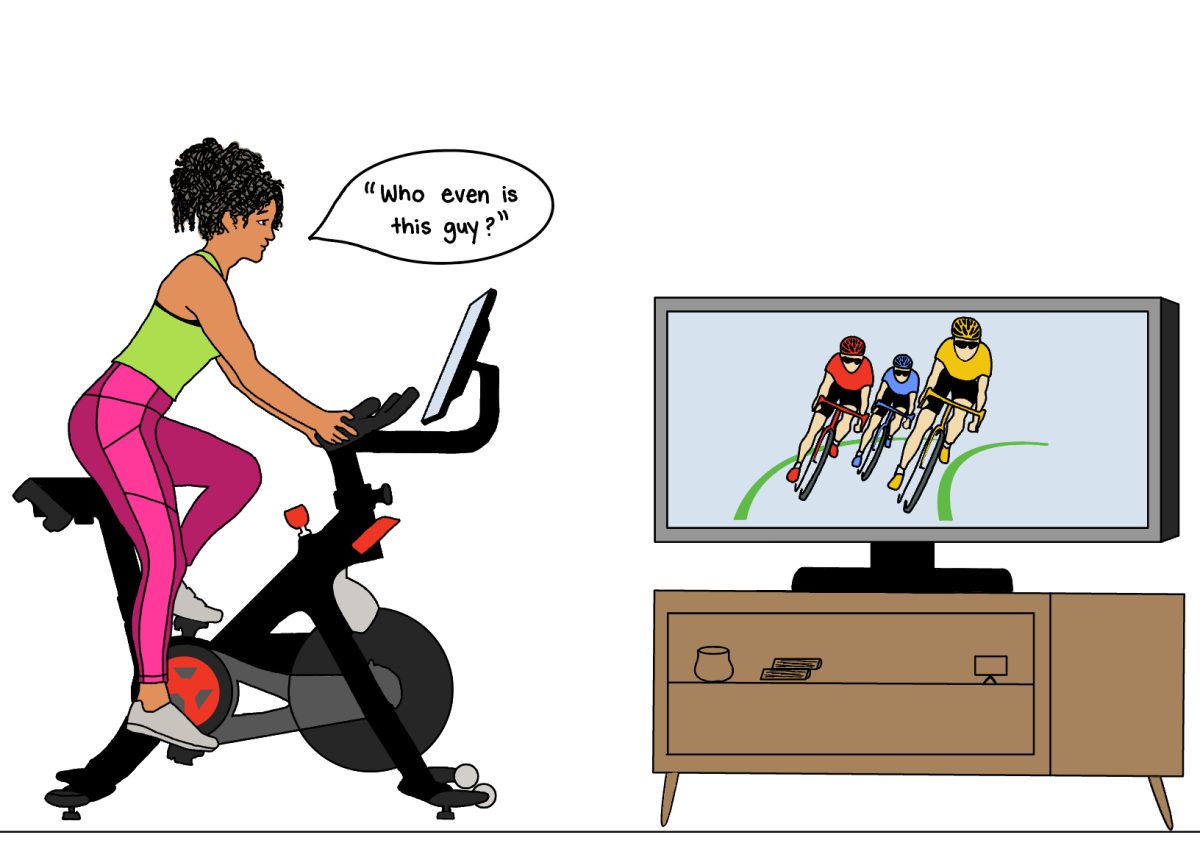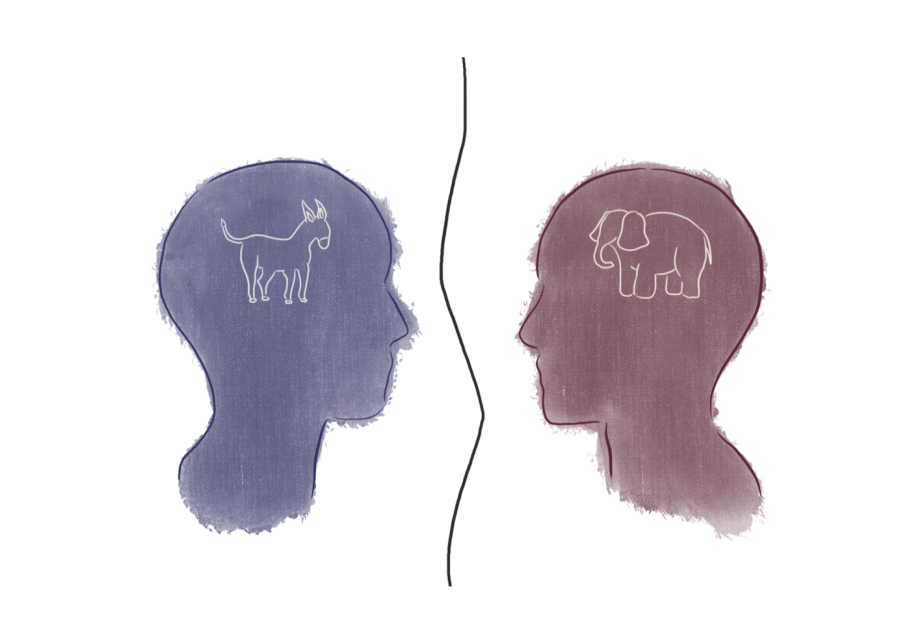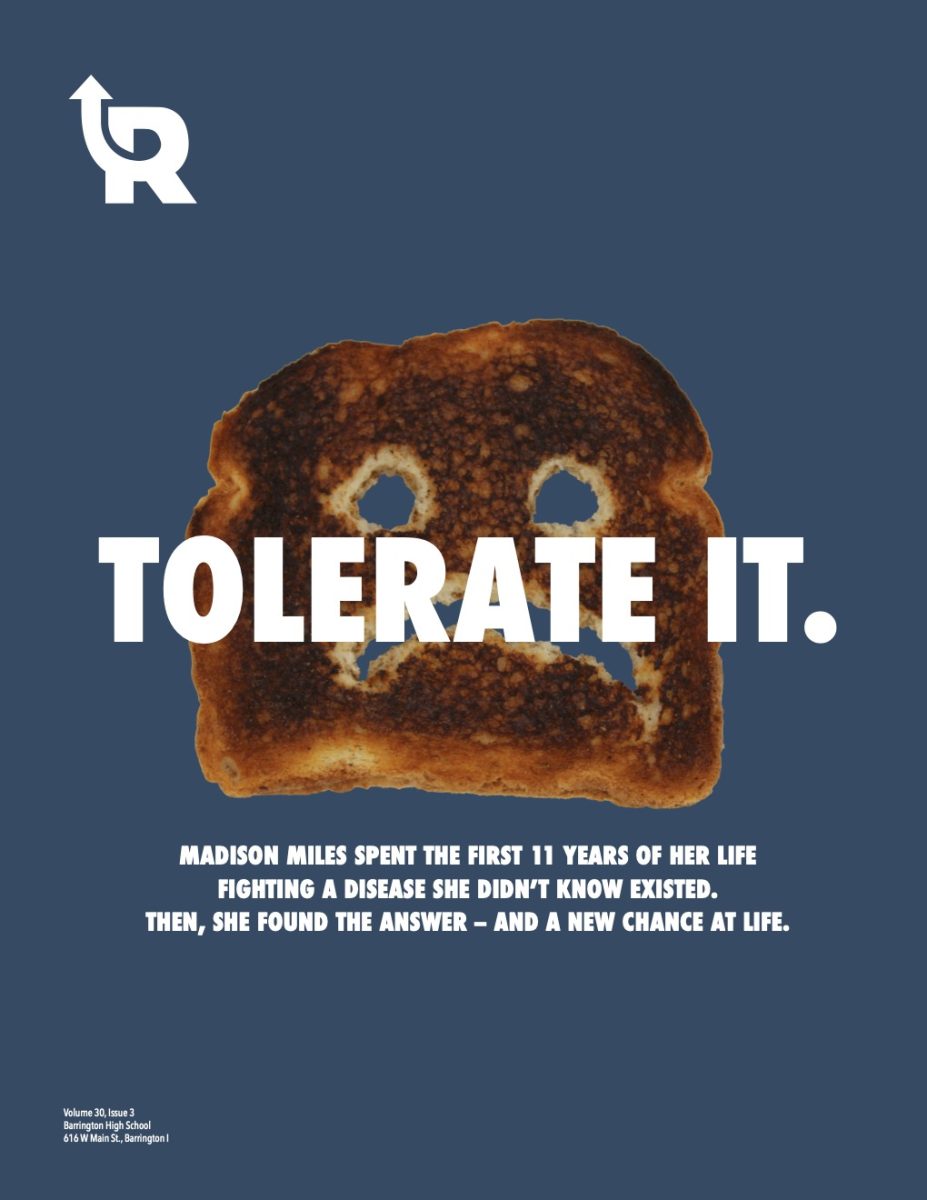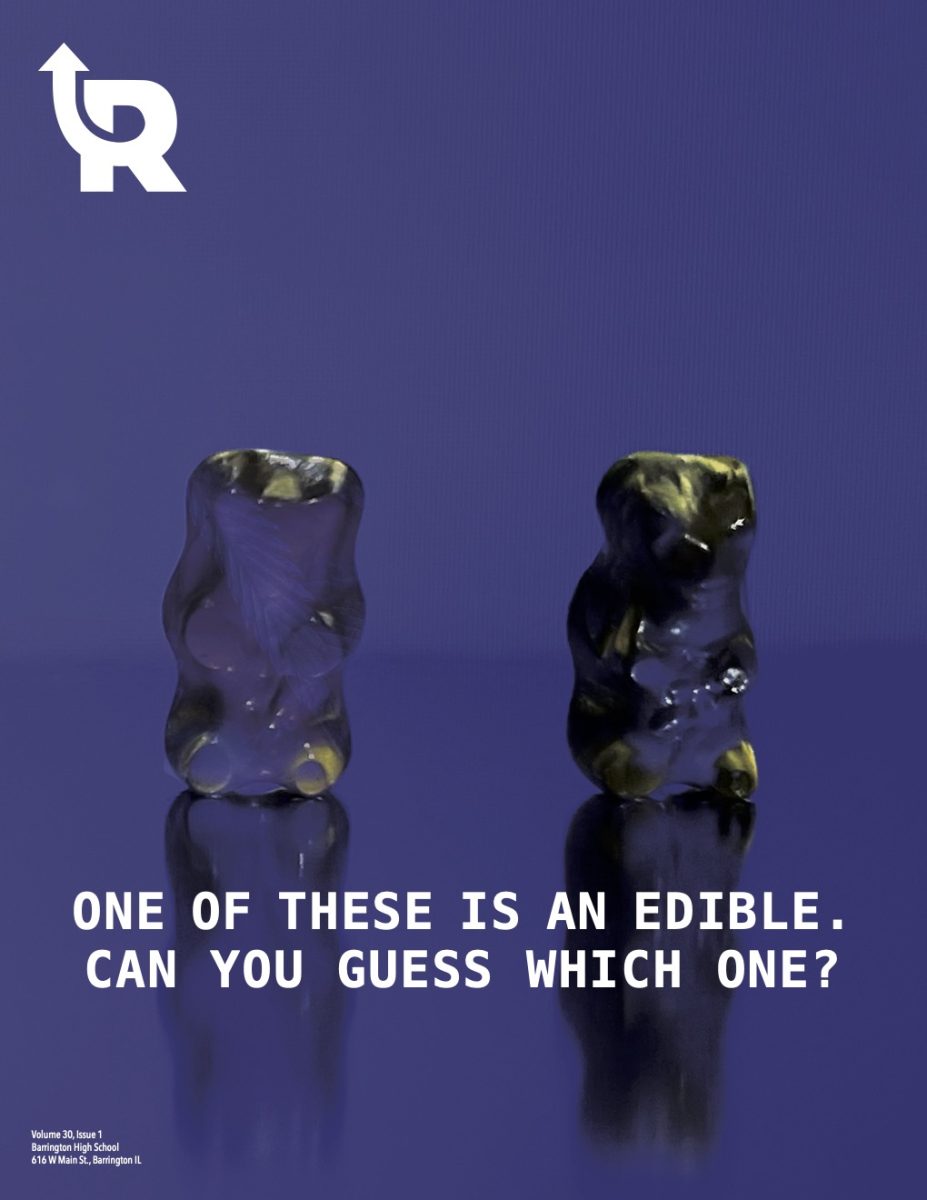Junior Evangaline Tuffy seems like a regular girl: she plays sports, hangs out with friends and has to do homework on the weekends. Without knowing, you wouldn’t be able to tell that she’s also a Type 1 diabetic.
Tuffy was diagnosed when she was only a year old. She is forced to deal with everyday struggles from people not truly understanding her condition, and how the condition affects her daily life and her overall health.
Tuffy’s condition is an autoimmune disease, which develops rapidly. It can be developed at any age but is most commonly developed in young children or teenagers, which was the case for Tuffy — unlike Type 2 diabetes, which develops slowly, and most commonly in adults.
According to OhioHealth, the main difference is that with Type 1 diabetes the body produces no insulin whatsoever, whereas Type 2 the body still produces insulin, just not enough.
“I feel like a lot of the misconceptions are with Type 2 and Type 1. Type 1 is generally mistaken for Type 2. When you have Type 1, people are like, ‘oh, you shouldn’t have sugar. You’re gonna get fat and die,’ and I’m just like that’s not true, that’s not how that works, I need the sugar actually,” Tuffy said.
I feel like a lot of the misconceptions are with Type 2 and Type 1. Type 1 is generally mistaken for Type 2. When you have Type 1, people are like, “oh, you shouldn’t have sugar. You’re gonna get fat and die,” and I’m just like that’s not true, that’s not how that works, I need the sugar actually.
— Evangaline Tuffy, '25
In regards to treatment, Tuffy has a CGM (constant glucose monitor) and a PDM (personal diabetic manager).
“The CGM basically reads my blood sugar, through a needle on my skin. That connects to my insulin pump which is basically my PDM which gives me insulin and they kind of communicate with each other,” Tuffy said.
Emotionally, Tuffy struggles with her diabetes; there are not many support groups or places for her to go to talk about her condition.
“It does impact my mental health. If I have a bad blood sugar day, or all week, it just makes you feel really bad. So it just affects your mental health too. Especially with parents and doctors who don’t always understand what you’re feeling,” Tuffy said.
Adding to the emotional aspect of diabetes, Tuffy struggles with something she calls diabetic burnout.
“Basically it’s just you get so sick of and burnt out with taking care of yourself. Like you’ll let [your blood sugar] get really high and even if your pump is 2 feet from you, you just can’t bring yourself to give insulin, or if you rip out your pump you’ll just let [your blood sugar] get really high and you won’t change it for days”
Socially, Tuffy is treated differently — cruelly — by people she doesn’t even really know.
“I remember once I was hanging out with some of my friends who happened to be diabetics and some of our guy friends, who then invited some more of their friends. Our friends’ friends were calling us the sugar squad behind our backs and saying it was so weird and they were disgusted that we were all diabetic,” Tuffy said.
Along with having lots of emotional tolls on her life, because of her condition Tuffy misses out on parts of teenage life. She is not allowed to be on the field during sports if she is too low on insulin, and not allowed to be in class if her blood sugar is too high. She is often sent home for either reason.
“The nurses often have to send me home because I’m kind of a liability to them,” Tuffy said.
Even though Tuffy is forced to miss so much school because of her condition, she doesn’t get any extra days off, often facing reprimands from her teachers.
“If I’m high or low, I really shouldn’t be in class. When I’m in that state, it’s dangerous for me to not be in the Nurse’s Office,”
It is up to Tuffy to make up any missed learning due to her condition; some of her teachers are more understanding than others.
“To my face my teachers are understanding, but oftentimes i will look at my [marking period feedback] and they are just ‘Evangeline is absent often’,” Tuffy said.
With her condition, Tuffy wishes for understanding from her peers.
“I just want people to understand that we are the same as you. We aren’t different in any way and our diabetes doesn’t make us gross,” Tuffy said.





















































